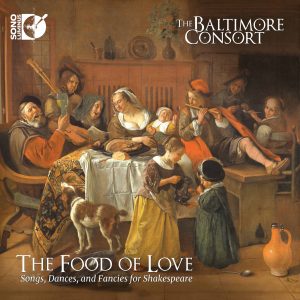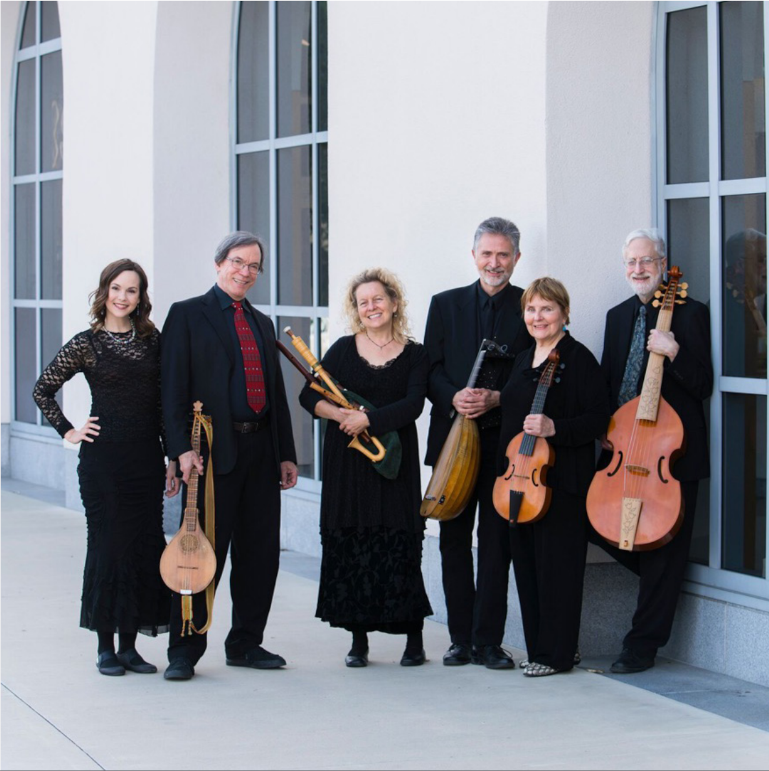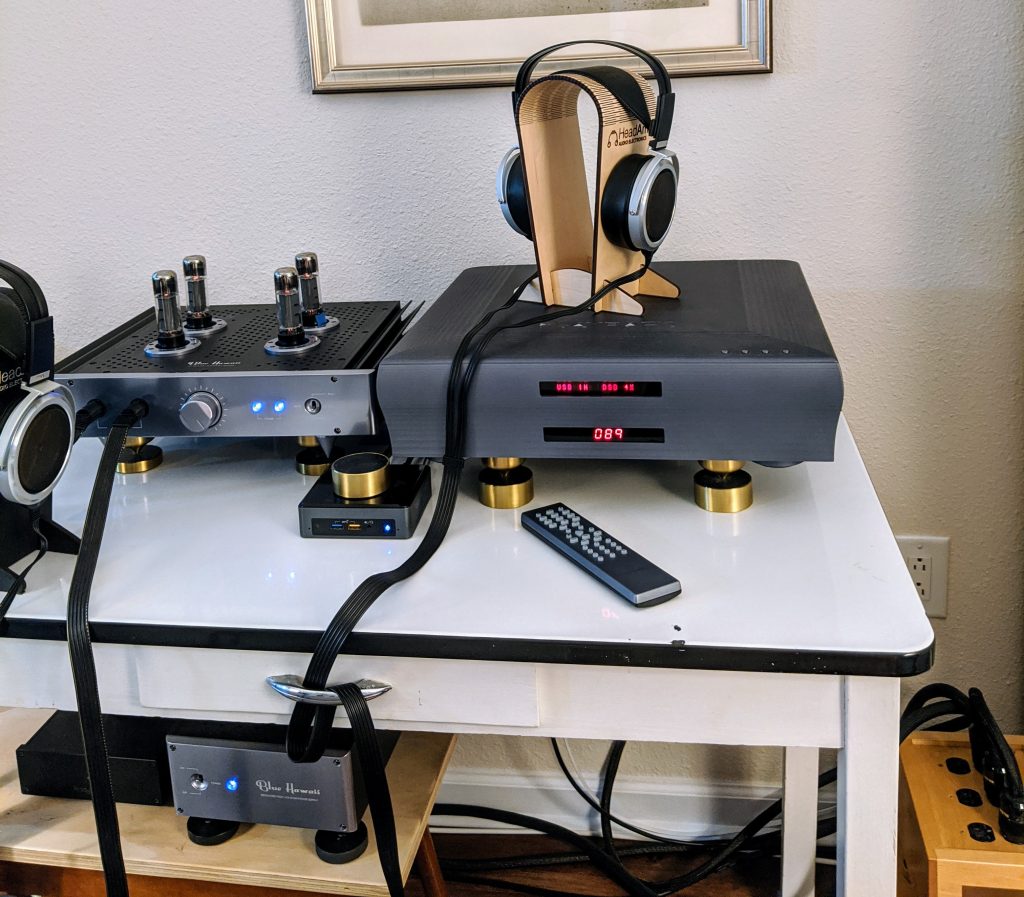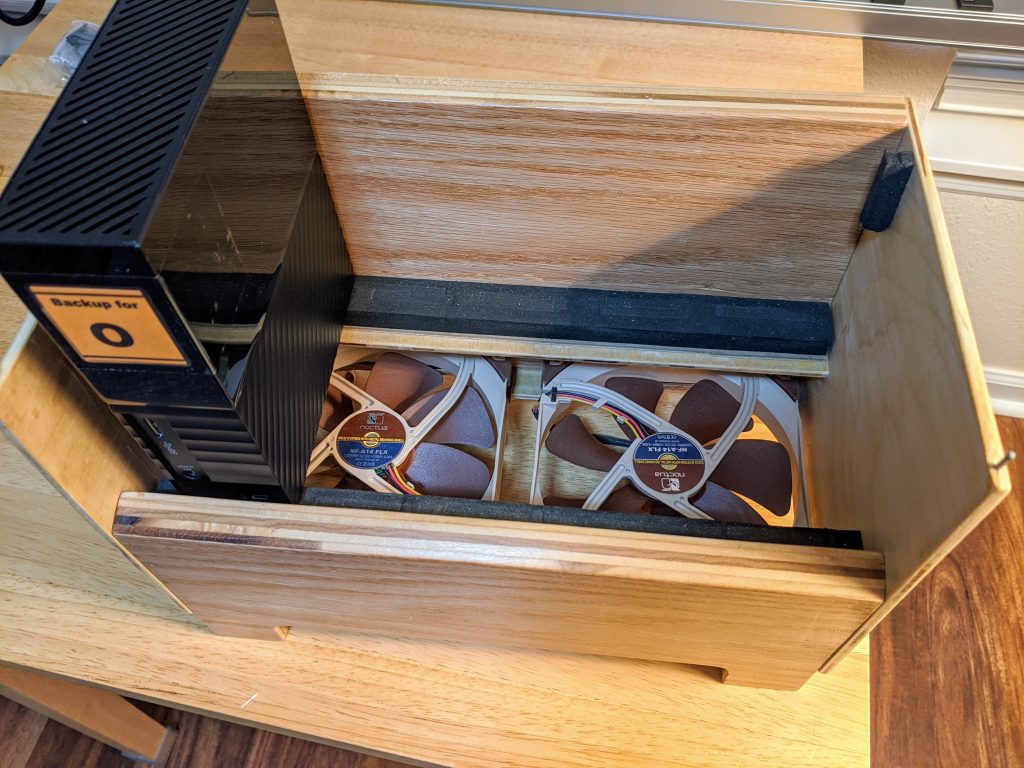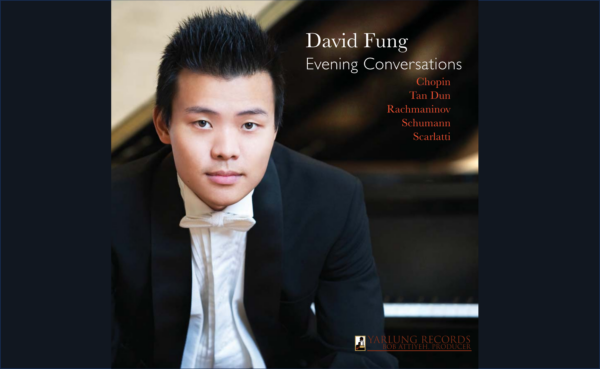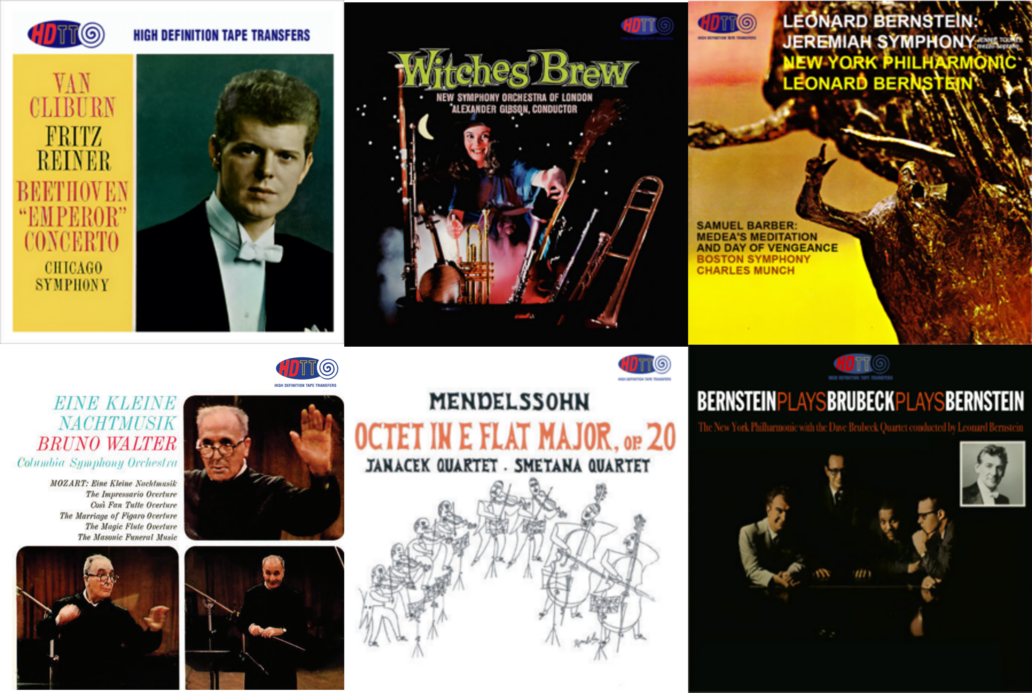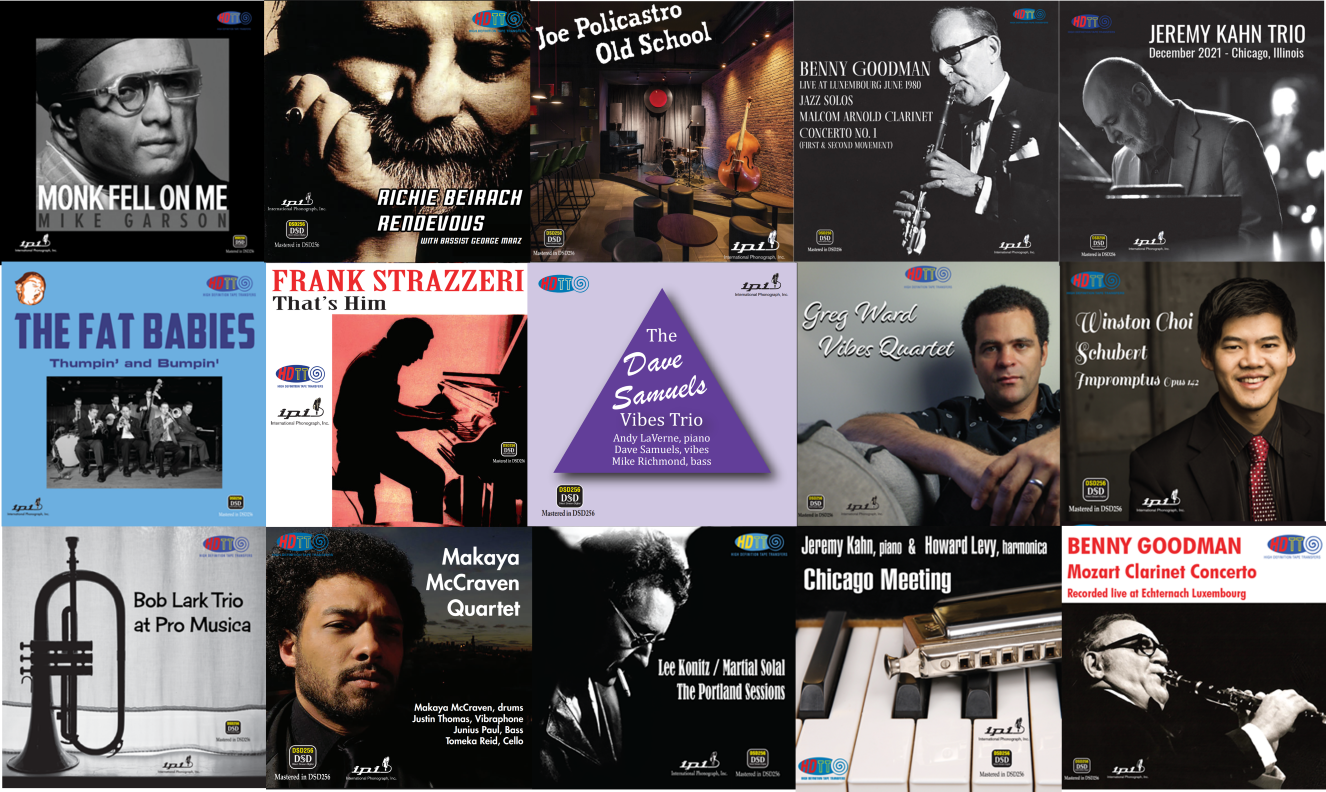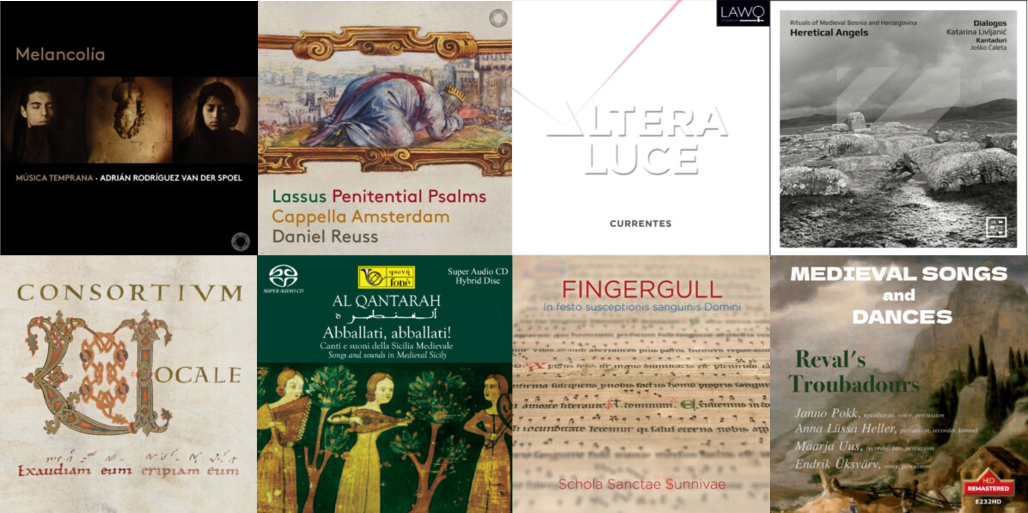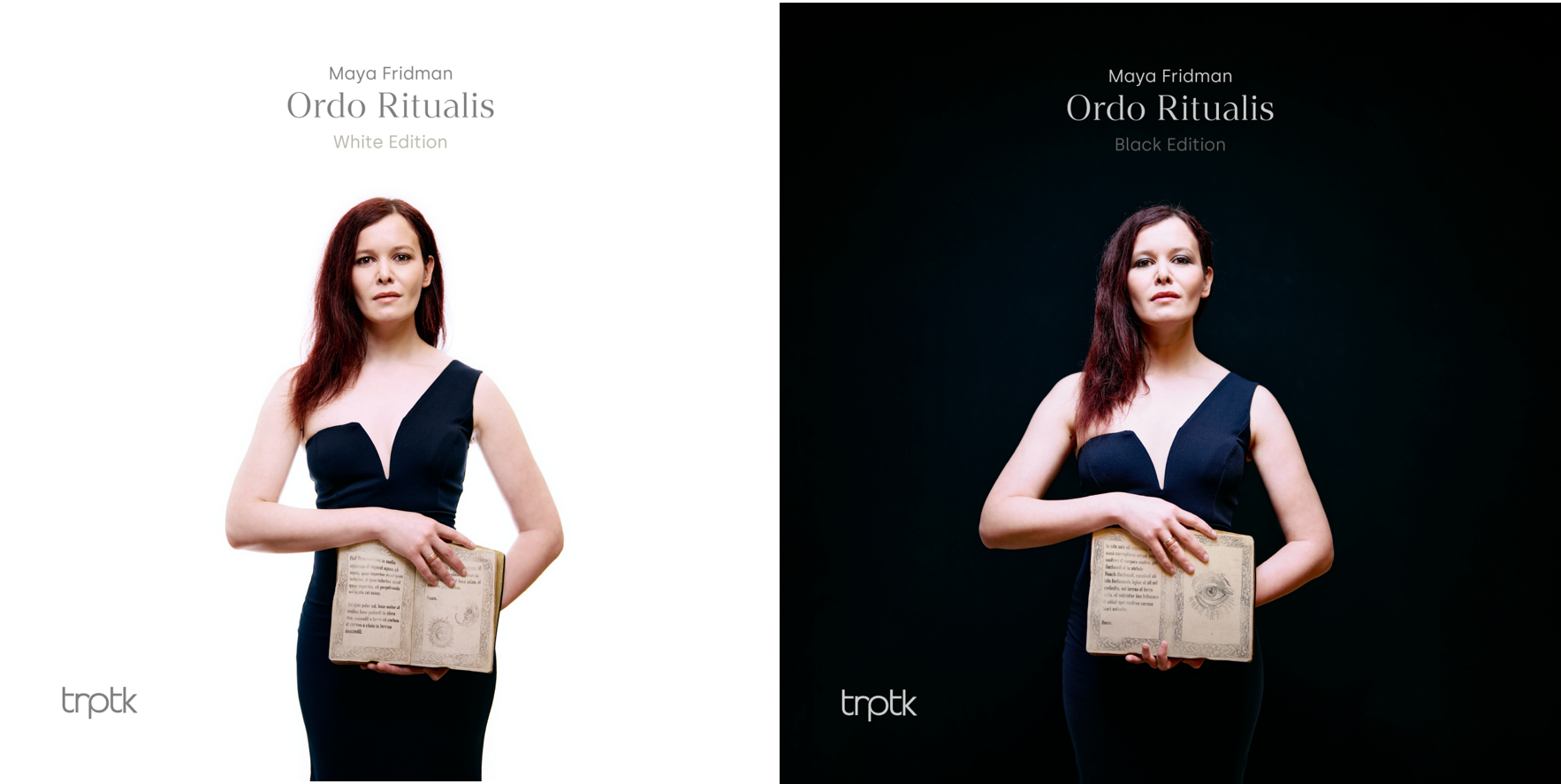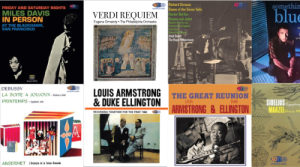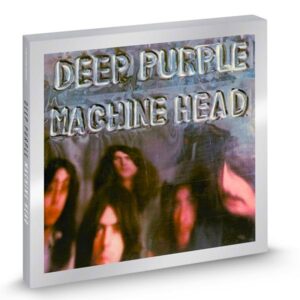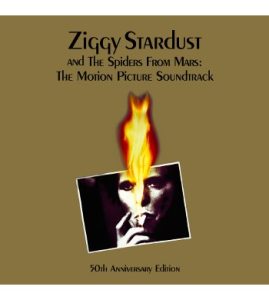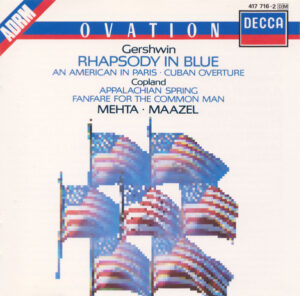I've long enjoyed The Baltimore Consort's many recordings on CD for the Dorian label. It is such a delight to find that they continue to record new albums for Sono Luminus, now in high resolution. Lively, fun, music performed on gut strings and natural woods, what a joy to hear.
The Baltimore Consort - The Food of Love: Songs, Dances, and Fancies for Shakespeare. Sono Luminus 2019 (DXD) HERE
Founded in 1980 to perform the instrumental music of Shakespeare’s time, The Baltimore Consort has explored early English, Scottish, and French popular music, focusing on the relationship between folk and courtly art song, and dance. Their interest in early music of English/Scottish heritage has also led them to delve into the rich trove of traditional music preserved in North America.
In this recording, we find them back in the music of England during Shakespeare's time. This is the secular music of Dowland, Robert Johnson, Ben Johnson, and Holborne. All performed on period instruments with the wonderfully complex timbre of gut strings and wood flutes, recorders, and other winds. The instruments are of the period: recorders, fife, crumhorn, viols, cittern, lute, bagpipe, and even a gemshorn!
It is a aural treat of complex and different sounds.
And because all of this music is secular music, nary a note of church music will be found, it is all of good ribald fun. Lively, witty, simply full of life. This is early music to make you want to dance, tap your toes, smile, and be thankful to hear.
Their performances are authentic to the period, as best I can determine from listening to Renaissance music for well over 40 years. Nothing stodgy. It's all lithe, energetic, tuneful music making of the highest order.
The Consort began their performances in 1980 as a purely instrumental performing group committed to period instruments of the Renaissance. Gradually, their performances began to include one or more guest vocalists and the repertoire was thus expanded. In this recording, their guest vocalist is a delightful soprano, Danielle Svonavec, whose clear, pure tones, and articulate flexibility seem perfectly suited for this music. Just listen to the anonymous "Willow Song" (track 24) for a taste of how nicely she takes this very familiar song and shapes it as her own. I hope she is able to continue with them in other recordings.
If you have any affinity for early music, this recording is of the highest order. I recommend it enthusiastically!
Images courtesy of Sono Luminus.




